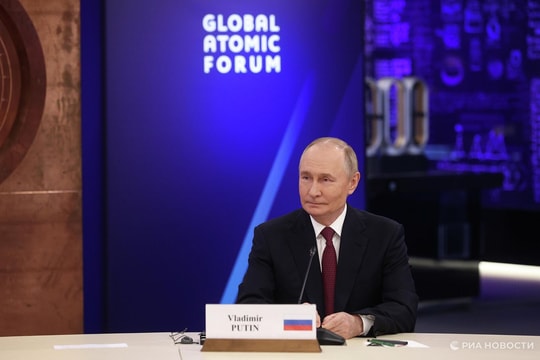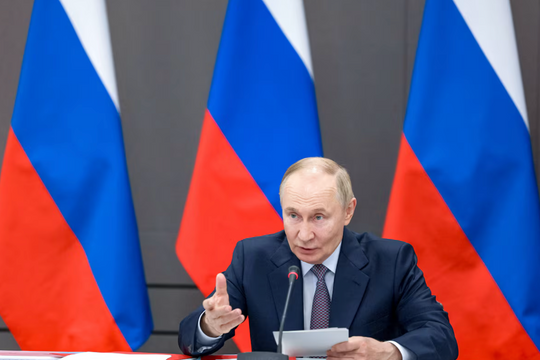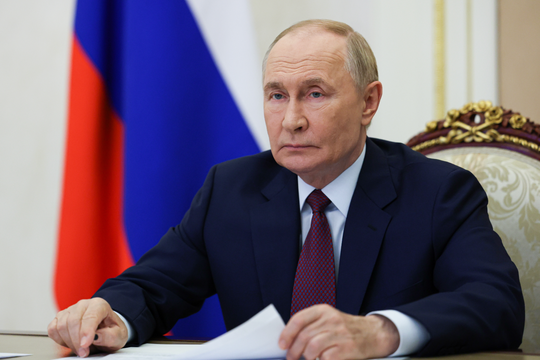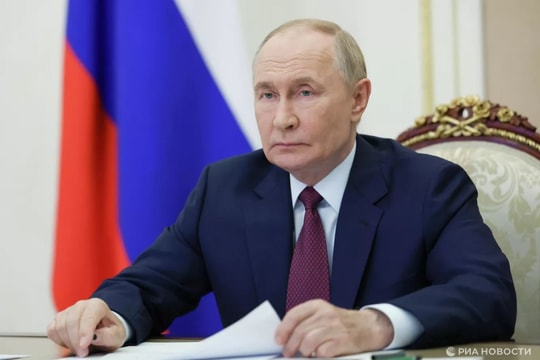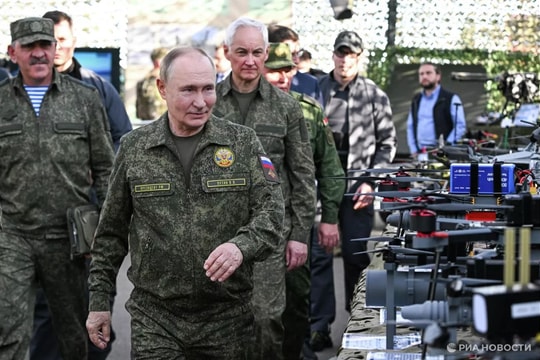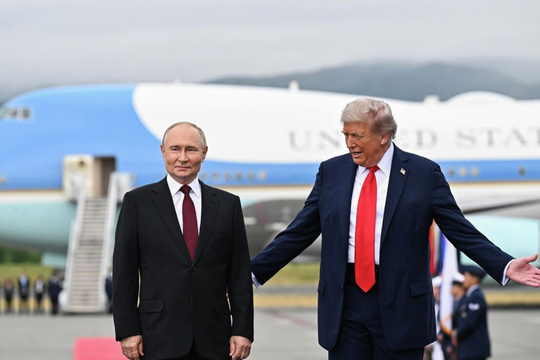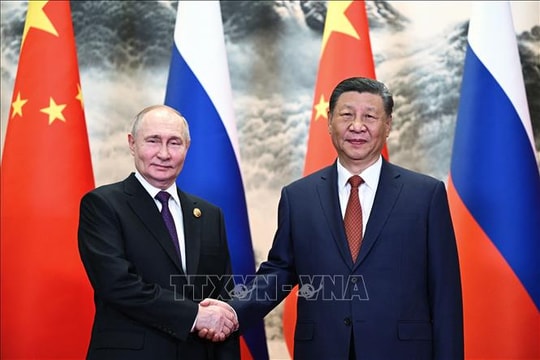President Putin continues to expand the decree granting passports to Ukrainians
President Vladimir Putin continues to sign a decree to simplify the procedure for issuing passports to more Ukrainians, despite strong opposition from Kiev.
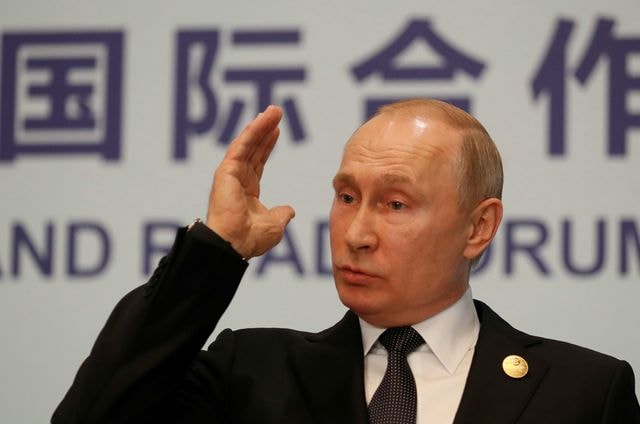 |
| President Putin (Photo: Reuters) |
Russia will issue passports to certain groups of Ukrainian citizens within three months of submitting their applications, according to a new decree by President Putin, published by the Kremlin on May 1. This move aims to simplify the procedure for issuing Russian passports to more Ukrainians than President Putin's previous decree.
The new decree will apply to people born or living in Crimea before March 2014, when the former Ukrainian territory was annexed by Russia, regardless of whether they have Ukrainian citizenship or not.
According to the new decree, simplified procedures for obtaining a Russian passport will also apply to Ukrainian or stateless persons who previously lived in the separatist regions of Ukraine but have now moved to Russia as refugees or temporary residents. Their family members, including spouses, children, and parents, will also enjoy similar preferential status in obtaining a Russian passport.
In addition, the list of people who are allowed to simplify the procedure for obtaining a passport in Russia also includes citizens of countries such as Afghanistan, Iraq, Yemen and Syria who were born on Russian territory. Their family members are also on this list.
If they are included in the group that benefits from the new status under President Putin’s decree, applicants for Russian passports will be exempt from some requirements compared to the usual regulations, such as not having to live in Russia for a certain period of time or having to prove a legal source of income. In addition, the passport application process for those in the priority group will not last more than 3 months.
However, President Putin's decree also excludes certain cases such as individuals suffering from diseases that pose a danger to public health, or those linked to terrorist organizations.
Controversial decree
After a series of recent controversial moves, the May 1 decree is President Putin's continuation of plans to create conditions for Ukrainians to have the opportunity to receive Russian passports and become Russian citizens.
On April 24, President Putin signed a decree to simplify the procedure for issuing passports to people living in separatist areas in eastern Ukraine. Russia explained the birth of this decree for humanitarian reasons, but Ukraine called this a "provocative" action by Moscow.
A few days later, President Putin continued to declare that he could simplify the procedure for issuing passports to all Ukrainians, despite Kiev's objections.
According to President Putin, Russia cannot accept that people living in the separatist regions in eastern Ukraine do not have any rights. Mr. Putin affirmed that Russia and Ukraine are two brotherly countries, so it is normal for people of the two countries to have the same nationality.
Reacting to President Putin's latest decree, Ganna Gopko, head of the foreign affairs committee in the Ukrainian parliament, said on May 1 that this move showed that Mr. Putin was ready to promote efforts to divide Ukraine.
“This is a blatant interference in Ukraine’s internal affairs, especially during the transition period. Such moves by Russia are an attempt to escalate tensions,” Mr. Gopko toldAFP.
To demonstrate President Putin’s determination to implement the decree, on April 29, a center was opened in the town of Novoshakhtinsk in Rostov Oblast, Russia to process passports for residents of the separatist Luhansk region, eastern Ukraine. On April 30, a second center was opened in the village of Pokrovskoye in the Neklinovsky region of Rostov Oblast to process similar passports for residents of the separatist Donetsk region.

